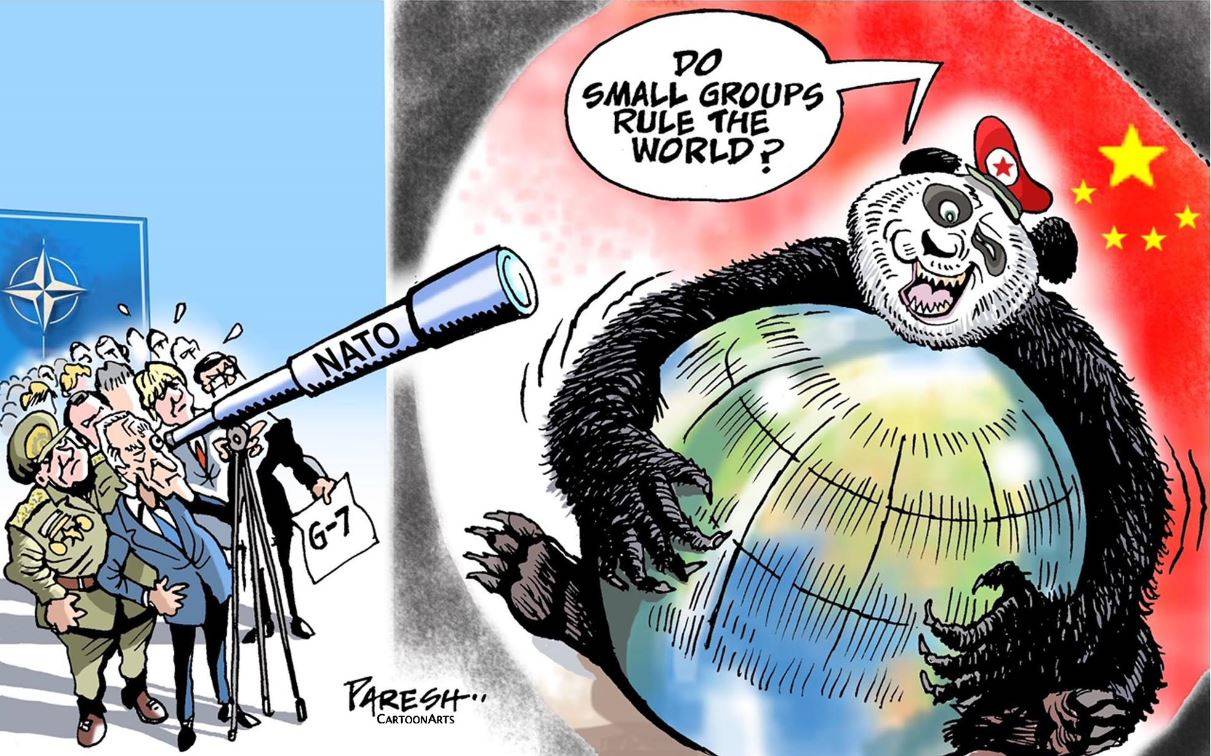There is a paradox at the heart of U.S. security policy in the Indo-Pacific. The Biden administration must show its commitment to the region to facilitate the restructuring of security architecture in ways that look like the U.S. will be doing less.
Lindsey Ford, formerly of the Brookings Institution and now re-ensconced in the Pentagon as deputy assistant secretary of defense for South and Southeast Asia, and Zach Cooper of the American Enterprise Institute mined the experience of the Guam Doctrine (U.S. President Richard Nixon’s call in 1969 for regional allies around the world to do more as the U.S. reduced its overseas force presence after the Vietnam War) for lessons on how to pull that off.
Ford and Cooper argue that an ally’s reaction to Nixon’s statement depended on its assessment of two factors: threat perceptions and U.S. reliability. If threat perception was high and belief in U.S. reliability strong, then an ally would double down on the alliance in a tendency they called “anchoring.” Japan adopted this policy. If threat perception was high, but there were doubts about U.S. reliability, the ally would “autonomize,” or strengthen its own ability to deal with those threats. They identify South Korea as an autonomizer.

















With your current subscription plan you can comment on stories. However, before writing your first comment, please create a display name in the Profile section of your subscriber account page.